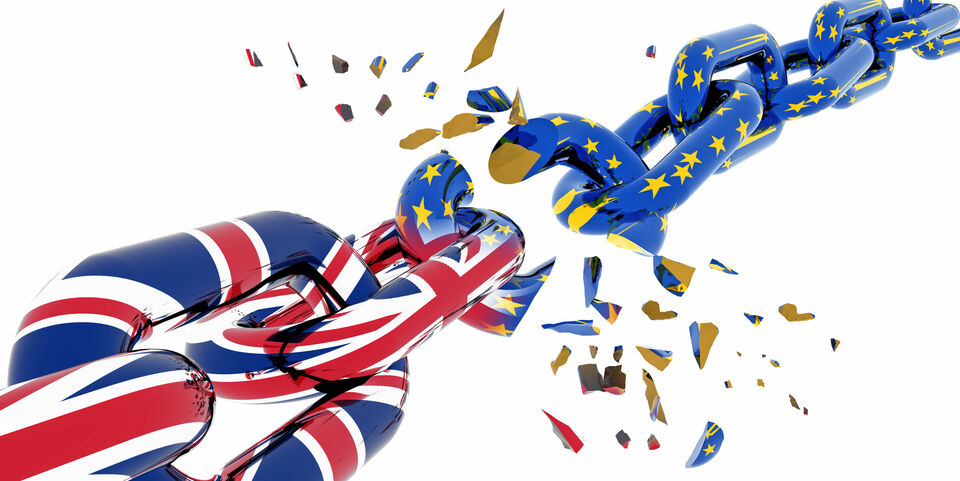During the transition period through the end of 2020, all existing agreements between the EU and the UK will remain in place. Students and researchers will still enjoy free movement and ongoing research projects that exchange data will continue as before. Exchange students with an Erasmus grant will be allowed to complete their studies or work placements and international researchers in the Netherlands and the UK will retain their funding.
The Dutch Ministry of Education, Culture and Science on its website answers a wide range of questions about the impact of Brexit on education, enrolment and research. Conspicuously, these answers are all more or less the same: the existing rules and agreements will remain in force until 31 December 2020.
Negotiations
What happens after this transition period, however, is largely unknown. It’s uncertain for example whether the UK will continue its role in the Horizon Europe scientific research programme or the Erasmus+ exchange programme after 2021. These negotiations are still under way.
Executive Board PresidentRobert-Jan Smits is worried, he stressed in Science|Business. “The challenges which the UK will have to deal with are enormous. First of all, managing the aftermath of Brexit. In case the UK is not able to become fully associated to Horizon Europe, and as a result will no longer be able to participate in the prestigious ERC programme, it will need to develop new partnerships and programmes with partners from across the globe. It also will have to do a lot to attract foreign talent by offering excellent conditions and making it clear that the UK is still an attractive place to do research and that foreign scientists are welcome, even though the overall image of the UK is increasingly that ‘foreigners’ are not desired.
That Mark Walport (chief executive of UK Research and Innovation) will retire is not making things easy. Mark is a top scientist, manager and diplomat. He will be difficult to replace.The good news is, however, that there is lots of money. The coffers are well filled. Even Dominic Cummings (Boris Johnson’s chief strategist) is a big fan of research.
It will also be a challenge for the UK science system to ‘keep politics out‘. The Johnson government will be much more hands on, very much to the dislike of the British science community. I do hope, however, that the UK will become fully associated to Horizon Europe in the interests of both Britain and continental Europe. More than ever before, we need each other to address the grand societal challenges and ensure technological sovereignty”, Smits finally says.
Largest client
Meanwhile, Brexit is already casting a shadow. Last year, British researchers submitted fewer applications for European research grants, said Mauro Ferrari, president of the European Research Council, to The Guardian.
He called the UK “his largest client”, with British researchers having received 1,998 ERC grants worth €3.6 billion euros since 2007. After Brexit negotiations kicked off, however, interest dropped. As an example he cited the decline in applications for ERC Starting Grants, from 544 for the year 2017 to 372 for 2020.
New visa
On the eve of Brexit, Boris Johnson announced a new fast-track visa scheme for top foreign scientists. By attracting the world’s brightest minds, the prime minister hopes to secure the UK’s future as a scientific heavyweight.
Under the old UK scheme the number of visas available for talented scientists was capped at two thousand a year, although this figure was never reached. Johnson’s new visa has no such limitation. The new fast-track visa will launch on 20 February.



Discussion